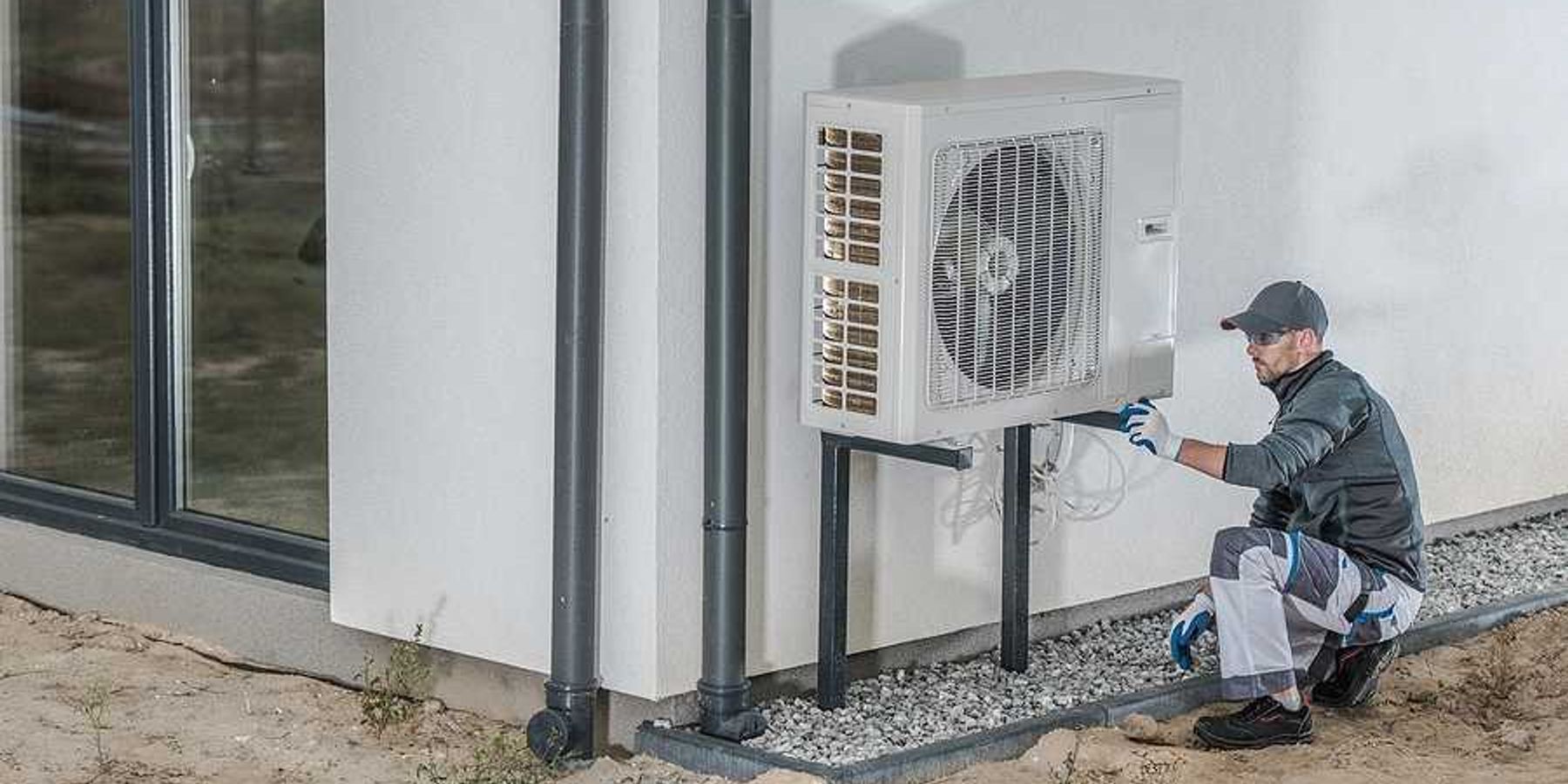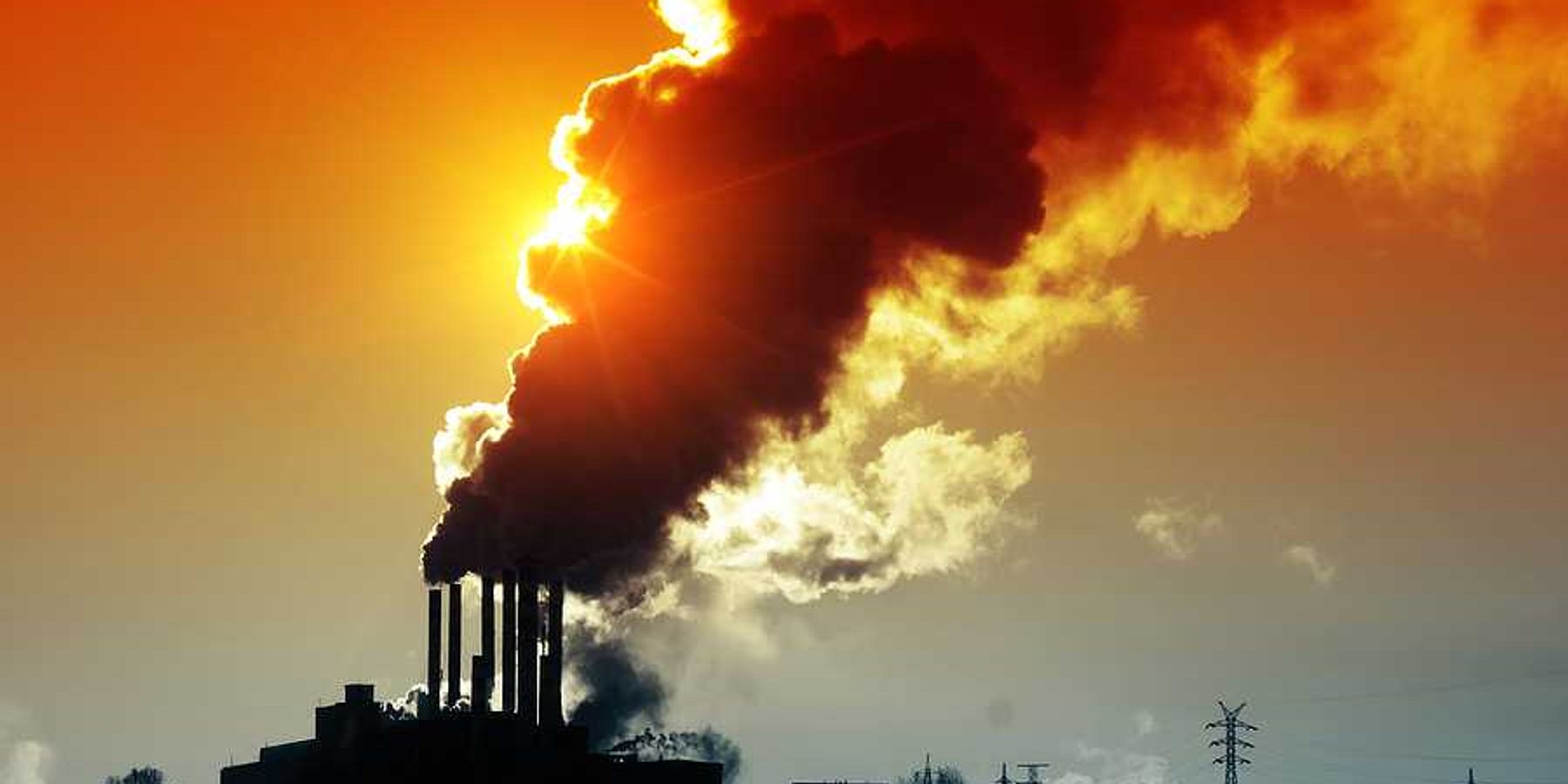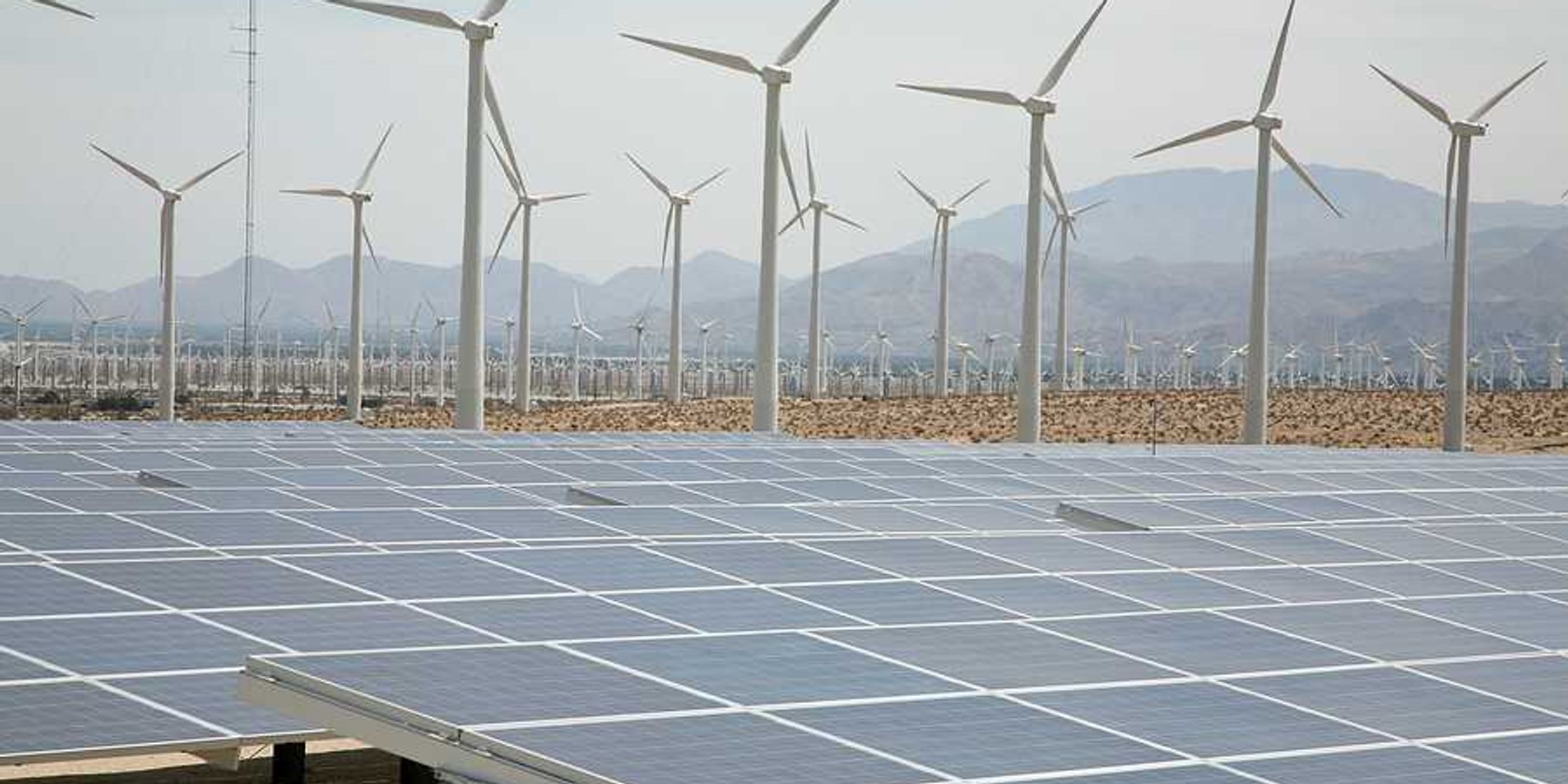How fragile power grids and extreme weather combined to cause Europe’s biggest blackout in decades
A widespread blackout in Spain, Portugal, and parts of France has exposed the growing vulnerabilities of modern power grids as they adapt to climate change, cyber threats and the renewable energy transition.
Jillian Ambrose reports for The Guardian.
In short:
- Europe’s largest blackout in over 20 years disrupted Spain, Portugal, and parts of France, with experts warning that no grid can be fully immune to collapse.
- While natural disasters and extreme weather events are major risks, human error, cyber-attacks, and the complexities of integrating renewable energy also threaten grid stability.
- Spain’s blackout was triggered by a rapid, unexplained loss of power generation, raising questions about grid resilience as countries transition from fossil fuels to renewable energy sources.
Key quote:
“Despite today’s high standards of reliability, low-probability but high-impact blackout events can still happen.”
— Prof Jianzhong Wu, head of the school of engineering at Cardiff University
Why this matters:
As nations race to decarbonize their energy supplies and reduce dependence on fossil fuels, power grids face mounting challenges. Renewable energy sources like wind and solar offer cleaner alternatives but introduce variability and complexity to grid operations. Unlike traditional power plants, renewables lack the mechanical inertia that stabilizes grid frequency, making systems more vulnerable to sudden disruptions. Climate change intensifies these risks by increasing the frequency and severity of extreme weather events that can damage infrastructure. The blackout across the Iberian Peninsula is a stark reminder that energy resilience requires more than just green technology — it demands robust, adaptive infrastructure capable of weathering both natural and human threats.
Learn more: Spain defends renewables amid major blackout investigation













